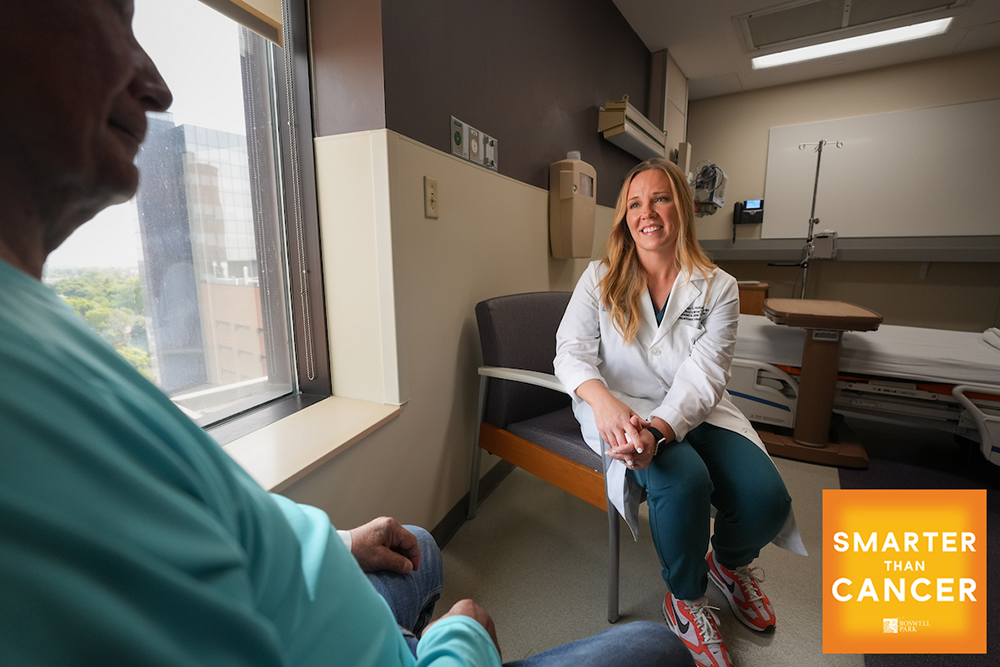The treatment plan for your lymphoma will depend on several factors, including the specific subtype of disease, your general health, symptoms and whether your cells have certain biomarkers or genetic changes.
Your personalized care plan will be determined with the collaboration of many types of experts — hematology oncologists, transplant and cellular therapy specialists, and hematopathologists. Your treatment may involve one or more of the following approaches.
- Cancer drugs such as chemotherapy or immunotherapy.
- Stem cell transplant. A transplant gives your body a new batch of stem cells that can begin to produce healthy new lymphocytes.
- CAR T-cell Therapy. This cutting-edge cellular therapy arms your own immune cells against the cancer.
- Radiation therapy uses high energy waves to target cancer cells.
- Clinical trials offer the only way to access the very latest options, sometimes months or years before they become available from other providers.
- Watchful waiting. This option allows some patients with slow-growing disease to avoid or delay treatment.
